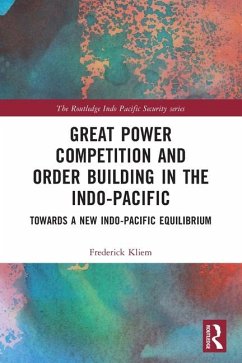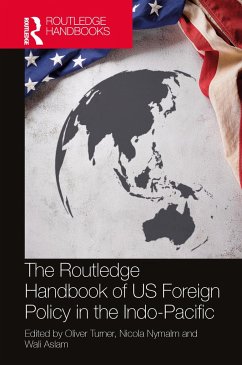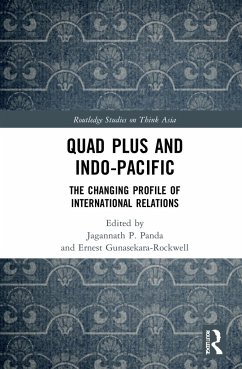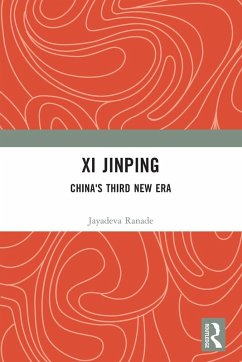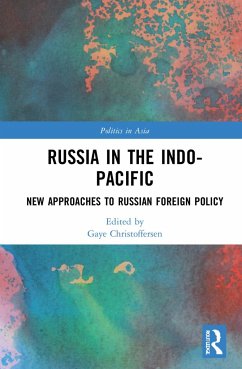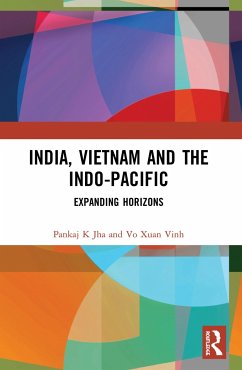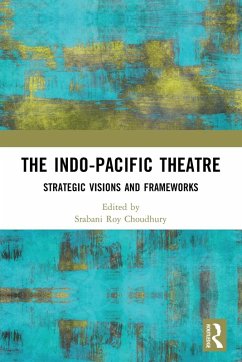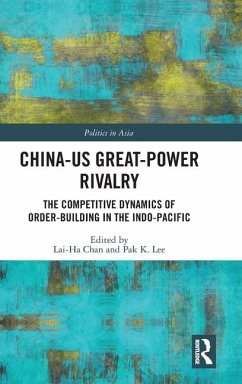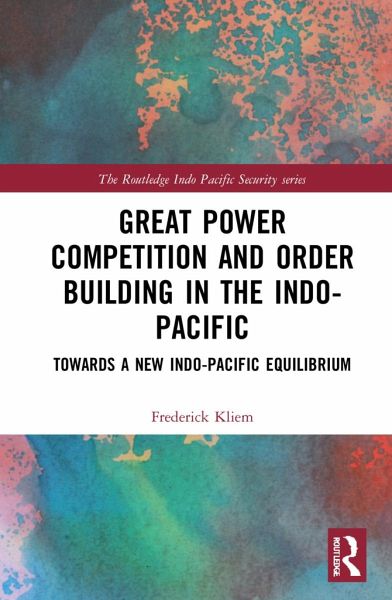
Great Power Competition and Order Building in the Indo-Pacific
Towards a New Indo-Pacific Equilibrium
Versandkostenfrei!
Versandfertig in 6-10 Tagen
154,99 €
inkl. MwSt.
Weitere Ausgaben:

PAYBACK Punkte
77 °P sammeln!
This book argues that the new great power contest between the United States and the People's Republic of China, which has as its epicentre the complex Indo-Pacific region, is having a detrimental impact on the region's existing order system. Analysing why the great powers are increasingly at loggerheads, the manifold risks this entails, and how the various stakeholders in the Indo-Pacific can find a durable regional order more constructive than confrontational, the book, avoiding theory, proposes a new equilibrium based on practical ways to manage burgeoning conflict and maintain order and sta...
This book argues that the new great power contest between the United States and the People's Republic of China, which has as its epicentre the complex Indo-Pacific region, is having a detrimental impact on the region's existing order system. Analysing why the great powers are increasingly at loggerheads, the manifold risks this entails, and how the various stakeholders in the Indo-Pacific can find a durable regional order more constructive than confrontational, the book, avoiding theory, proposes a new equilibrium based on practical ways to manage burgeoning conflict and maintain order and stability by compartmentalising problems and challenges while seeking to maintain a balance among stakeholder interests.




